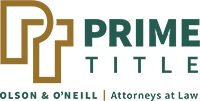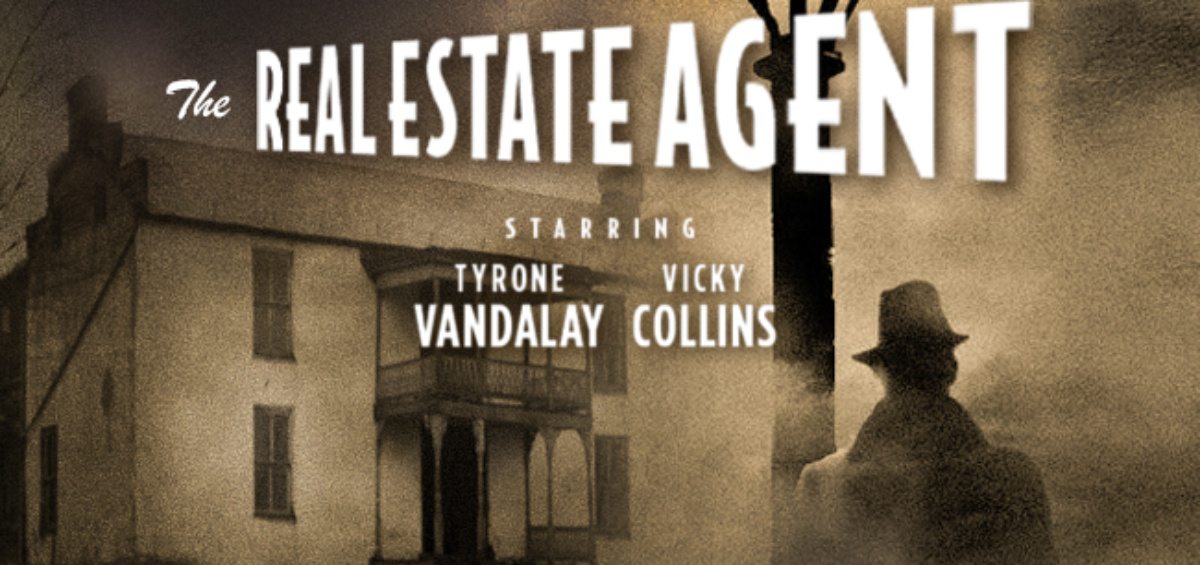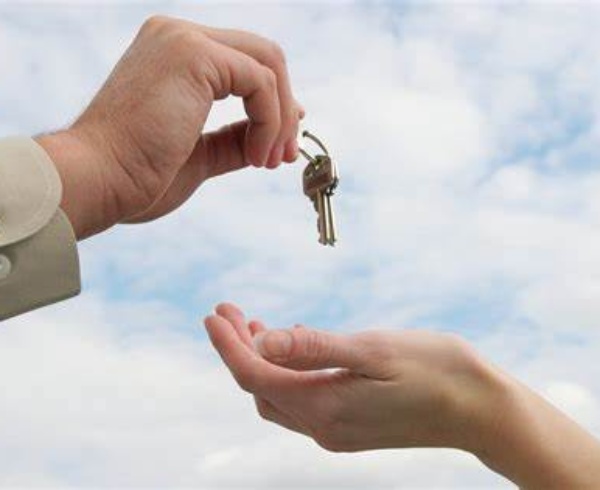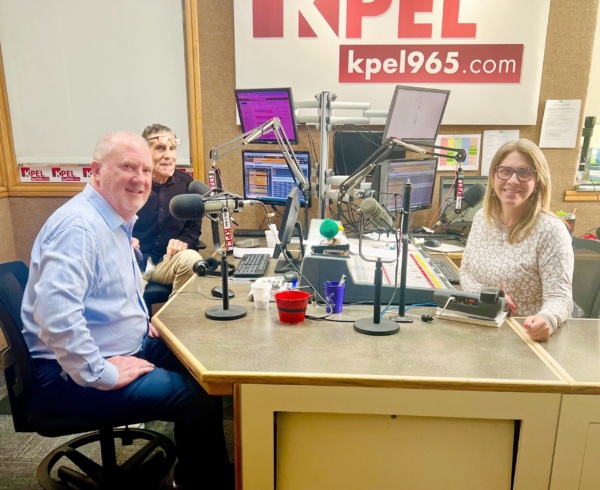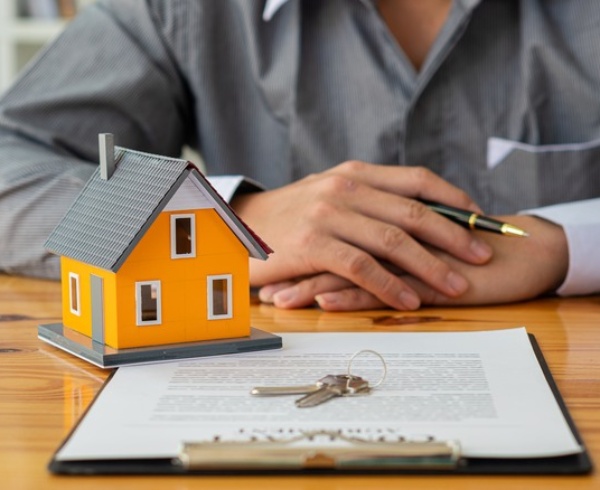Safety in Real Estate Should be a Priority
As with any profession, there are safety hazards in the real estate industry. For example, there are countless news reports about agents that have been held at gunpoint, kidnapped, attacked/assaulted and even murdered. According to the Bureau of Labor and Statistics, in 2014, there were 59 total fatal injuries in the real estate industry, 27 of those were from violence by a person or animal. These facts are scary.
Think about all the daily things realtors do that would be considered dangerous – they let strangers into their cars to go to showings; they walk into abandoned structures, sometimes with strangers; they accept a stranger’s identity without proof; they show properties alone; and they flash personal business in marketing material. These are all activities that the average person would consider dangerous.
So what should be done to ensure the safety of those involved in the real estate profession, as well as their clients?
Safety Training Begins in the Office
Safety training is a topic often overlooked in real estate, but it should be a key focus. Agents should be educated and prepared to discuss ways to keep homes, valuables therein and persons protected. It not only keeps the realtors safe, but also their clients. There are resources available to realtors and brokers for safety training, in addition to agents creating their own safety policies and programs. The National Association of Realtors developed an extensive safety program that offers presentations, videos and other resources for members. The materials can be adapted by agents to use in their offices for educating other agents on safety.
Any safety-training program should address these key situations that agents face every day.
- Chauffeuring new clients to listings.
- Meet the clients at the office first, and introduce them to other office staff.
- Ask for proof of identity and make a copy for records.
- When possible, ask them to follow you to a showing rather than have them ride with you.
- Visiting a foreclosed or abandoned listing.
- Do a perimeter inspection for any suspicious activity.
- Do not confront anyone squatting at the property.
- Remove trip hazards.
- Visit during the day.
- Bring someone with you.
- Showing a listing alone.
- Keep the visit during the day.
- Make sure someone at the office knows where you are and what time you expect to be back.
- Turn on lights prior to showing.
- Park car where it cannot be blocked in.
- Arrive early and make an escape plan in case of emergency.
- Set up an office code word for “emergency.” Train staff to immediately call 9-1-1 if agents call in using code word.
- Marketing the business.
- Keep marketing materials simple and neutral. Do not be provocative.
- When using social media, don’t post your travel plans or whereabouts.
- Protect personal information.
- Hosting an open house.
- Have more than one person working the event, monitoring all entrances.
- Plan different escape routes in case of an emergency.
- Have all visitors sign in with contact information.
- Do a sweep of the house when leaving to be sure everybody has left.
Extend the Safety Training to Clients
Property owners and seekers also face various unsafe circumstances when either buying or selling real estate. Agents should have an upfront conversation with potential clients about the risks involved with open houses, showing homes and visiting listings.
Owners’ homes and possessions are at risk any time a showing or open house is held. Realtors should be prepared to audit the home or property for safety issues prior to opening up the home to the public. Here are some safety tips to share with sellers when a property is listed.
- Hide all valuables.
- Take down family photos.
- Store away all weapons.
- Lock up prescription drugs.
- Keep doors locked at all times, even when home.
- Install extra safety precautions, such as monitoring system or locks on doors/windows.
- Beware of unexpected visitors.
- Don’t post your travel plans or whereabouts on social media.
Shopping for a home comes with risks that buyers need to be prepared to address. Agents should add a safety component to their discussions with shoppers, especially when visiting listings. Be sure to address the issues listed here, and any others that fit individual circumstances.
- Learn about an area by driving by property at different times of the day, as well as gathering crime information.
- If possible, talk to other property owners in the area. They may have insight into the previous owners and the neighborhood.
- Do a safety audit of any properties that are vacant.
- Visit listings during the day.
- Do not visit any properties alone.
Some circumstances are beyond control. However, being prepared for issues that can affect the safety of agents and clients should be a priority. Basic safety training programs should be par for the course for brokers and realtors. A small investment in time and effort will pay off dividends in keeping people and properties safe.
